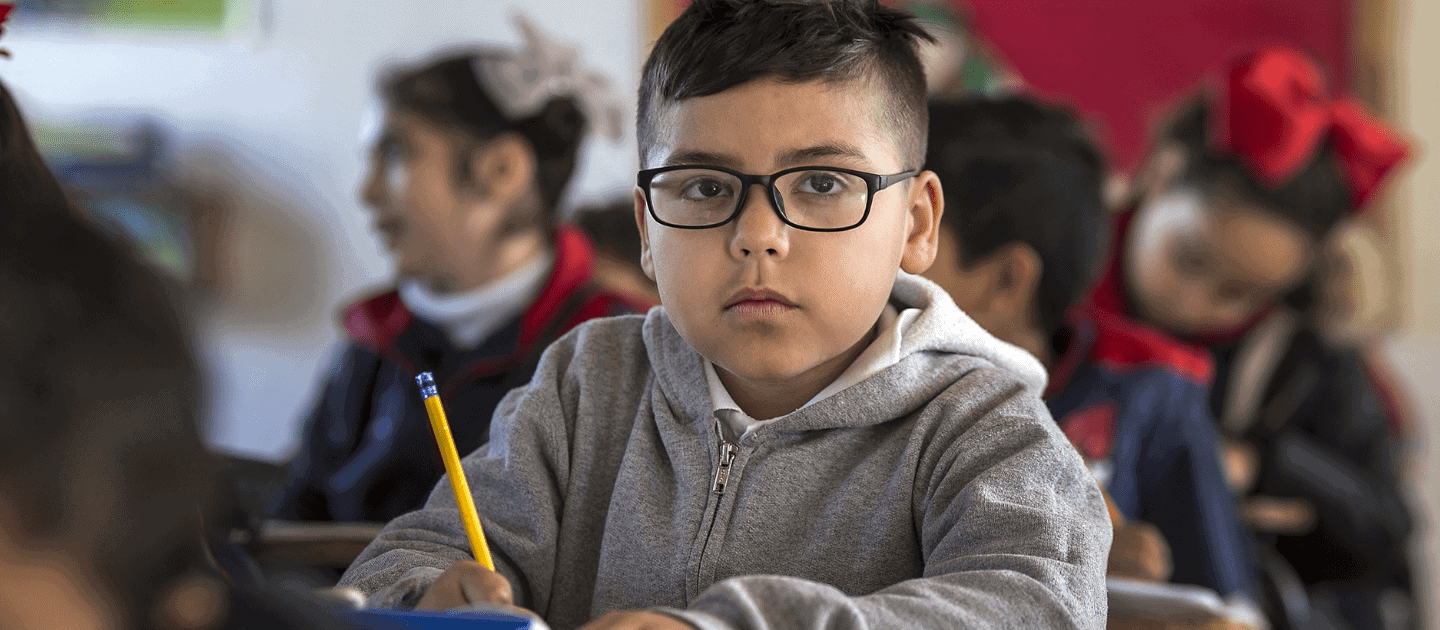
Artificial Intelligence Enabled Personalized Assistive Tools To Enhance Education of Children With Neurodevelopmental Disorders
Leaders should know how inclusion is practiced in their setting and how students’ voices are heard to inform inclusive practices and personalize learning.
14 Apr 2024

